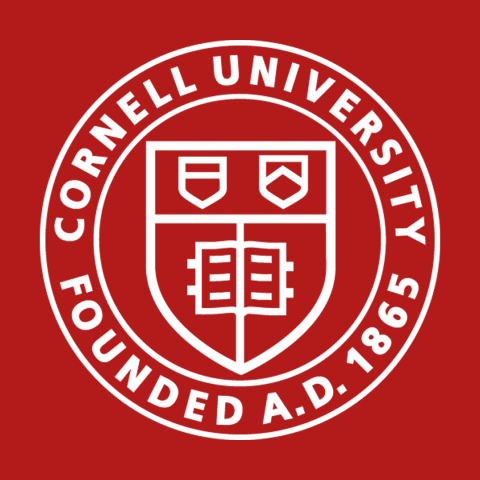osofsky
This month, Cornell welcomed back thousands of alumni from many different locations, generations, interests, and affiliations to their home on The Hill. At the 2017 Reunion Weekend, a panel of veterinarians discussed the future of Wildlife Health Cornell. “Wildlife Health Cornell represents an unprecedented approach to the health challenges wild animals face here in the northeast U.S. and around the world – a comprehensive, science-based response by a team of the world’s top wildlife health experts. With an emphasis on the types of interdisciplinary collaboration often required to foster real progress along the science to policy and action continuum, Wildlife Health Cornell has grown out of a palpable sense of genuine urgency regarding the fate of our planet’s wildlife, an increasing understanding of our own dependence on the planet’s natural systems, and a recognition that it will take a new generation of colleagues to halt and reverse the trends we face.” Watch the livestream of the panel discussion here.
The CUCVM student community would like to extend a warm welcome to a number of phenomenal new hires in the wildlife health realm. Recently, the CVM has brought-on seven faculty and staff, with the goal of growing Wildlife Health / One Health / Planetary Health programs at a critical time in the College’s strategic planning. The group strives to develop and apply science-based, multidisciplinary approaches to conservation, including through a focus on Planetary Health. In short, Planetary Health is a field focused on improving our understanding and applying appropriate metrics regarding the public health impacts of anthropogenic environmental change, so as to be able to inform decision-making in the land-use planning, environmental conservation, and public health policy realms. Planetary Health also provides a lens for the new CVM-led Master of Public Health program, with its first class starting in September of 2017. There have already been numerous excellent discussions and many new initiatives are underway, not only within the CVM, but throughout the University. Hopefully, new collaborative efforts will arise and continue to foster future discussions and cross-disciplinary action!



